“You don’t get to choose what you’re remembered for. You don’t get to choose what’s important.”
- Neil Gaiman
Who out there watched “Coraline” as a kid, or binged “Good Omens” too fast? I distinctly remember the first time I watched “Stardust,” with the goofy protagonist fitting the hero’s journey. These films (and TV show) are based on the works of Neil Gaiman, who came to San Diego on May 5 at the Balboa Theater. I bought my ticket later than I should have, because a class friend of mine asked me if I wanted to go. After deciding if I should see Jericho Brown or Neil Gaiman, I inevitably chose Gaiman and quickly purchased my UC-discounted ticket. Unfortunately, the human body cannot be in two places at once. The Blue Line takes you directly to the Balboa Theater, so right after our class we booked it to Warren so we could make it by 7:30 p.m., because it started at 8 p.m. Unfortunately, this meant they had to check our bags because they were too big for the venue, but also, that meant we didn’t have to rummage our way to our randomized seats with Ochem and laptop-heavy bags.
This turned out great for me, because I was front and center by completely randomized odds. It was an amazing seat, but I couldn’t help but freeze at the end of the aisle, because even though I didn’t have my tote bag, I hate having to go into aisles at theaters when the seats are full. I wouldn’t really say I’m claustrophobic, but I’m more worried about disturbing someone else by brushing too hard against them. Also, it’s just extremely awkward to do the side-shuffle dance, constantly murmuring “Sorry!” as I inevitably feel each individual knee of people who got there before me. My heart thumped at the realization that neither side would take less steps to my seat, but I couldn’t explain to the marquee what was going through my head. Someone on the end closest to me must’ve sensed my anxiety, urging their friends to stand with him to give me more space to move. This caused everyone between me and my seat to rise, and the cloud of worry passed. I don’t know who they were, but thank you. It really added to the positive experience of the event.
Once I got to my seat, the guy to my left mentioned he didn’t think anyone would sit there, because he had only refunded it a couple days before. That’s when I realized how I got such an amazing seat in the first place — I mean, come on, I paid $25 and then got a seat that was worth over $100? My friend bought the tickets the same day just three minutes later, and got a row in the back. Thank you, too, I guess, to whatever in the universe had me pay for the ticket right then.
We probably sat for another 20 or so minutes before Gaiman took the stage, which gave me time to look at the books I bought prior to sitting down. There were hundreds of books, all hand signed by Neil Gaiman. I just spent a good portion of money at Yallwest (a Y/A book festival) so I limited myself to three of his books, plus one for my mom for mother’s day. I ended up getting “Trigger Warning,” “The Neil Gaiman Reader,” and two copies of “Stardust” (one of them for my mom). If they had had it, I would have gotten “Coraline,” but if they had had any copies, they sold out fast. It was so funny because the bookstore who hosted the sale (Mysterious Galaxy Bookstore in San Diego) also had a booth at Yallwest, so I spoke to them a little while my books were being checked out.
Anyways, I’m getting off track, back to Neil. He sounds exactly how you would expect him to, and if you’ve never heard him speak I recommend looking up one of his audio books or a video somewhere on Youtube. There is such an eloquence to his voice that comes with the mix of American English and British English. From the beginning he captured the audience, speaking softly into his microphone and silencing the small conversations. The structure of the reading fluctuated between answering questions written on note cards and reading multiple of his works. I’m really bad at remembering titles that are read and even worse at writing them down to remember, but each story is still so vivid in my mind; that’s the magic of Gaiman. He first told a collection of European fairy tales like unicorns, pixies, fairies, and elves, all with his own little twist on what were usually tales of warning told instead with omniscient humor like it was a secret between me, the listener, and him, the storyteller.
My favorite reading of his that night was the longest one he read: a tiny script about 10 pages in length, written about an old woman who finds the holy grail at her local secondhand store and a hero who she refuses to give it to because it just looks too nice on her mantle. If you know anything about Joseph Campbell’s “Hero’s Journey” theory, you’ll know Gaiman’s work utilizes this way of storytelling in a major way. The knight in shining armor is on a quest from Arthurian Camelot for this holy grail, trying everything in his power to have her relinquish the cup. He tries to give her swords that fight the worst of foe, tries to give her his white horse, a shiny apple made of rubies, and at the end, the only thing that she will trade him for is the philosopher’s stone and the egg of a phoenix — to replace the cup on her mantle, of course. There were times I wished he would speed up, not because he was talking so slow, but because for some reason Balboa Theater has air conditioning on every seat, and they had it on blast the whole time. I don’t think my legs thawed until we got back to Seventh College, to be honest. If there was anything I thought could be improved, it would probably be that.
But even without his prewritten stories, Gaiman is a storyteller through and through. He answered a bunch of different questions and no matter how niche the question was, he didn’t need more than a second to delve into a world built around the answer. He answered the question, “What is your favorite Pink Floyd song?” with a story about the first time he met the lead singer of the band and that while he didn’t have a favorite song, he remembered “being at the top of the Pink Floyd food chain” for a day. The quote I started this piece with had to be my favorite answer to a question though, and it was about what he believed his “Magnum Opus” to be. I thought it was a humble answer, and as a writer myself, I feel like I strive to have a work that will be remembered, so hearing Gaiman say it’s really not up to us as writers stuck with me, and will continue to stick with me.
(Also, it reminded me of Lin-Manuel Miranda’s Hamilton’s “History has its Eyes on You,” but that’s for another time.)
Image courtesy of Rosabella Debty for the UCSD Guardian.


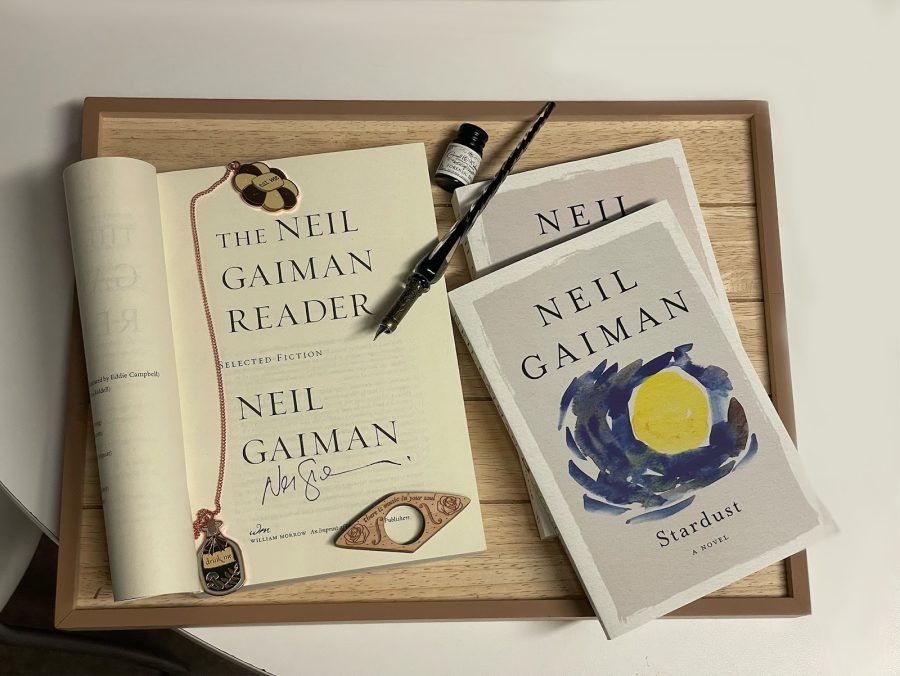
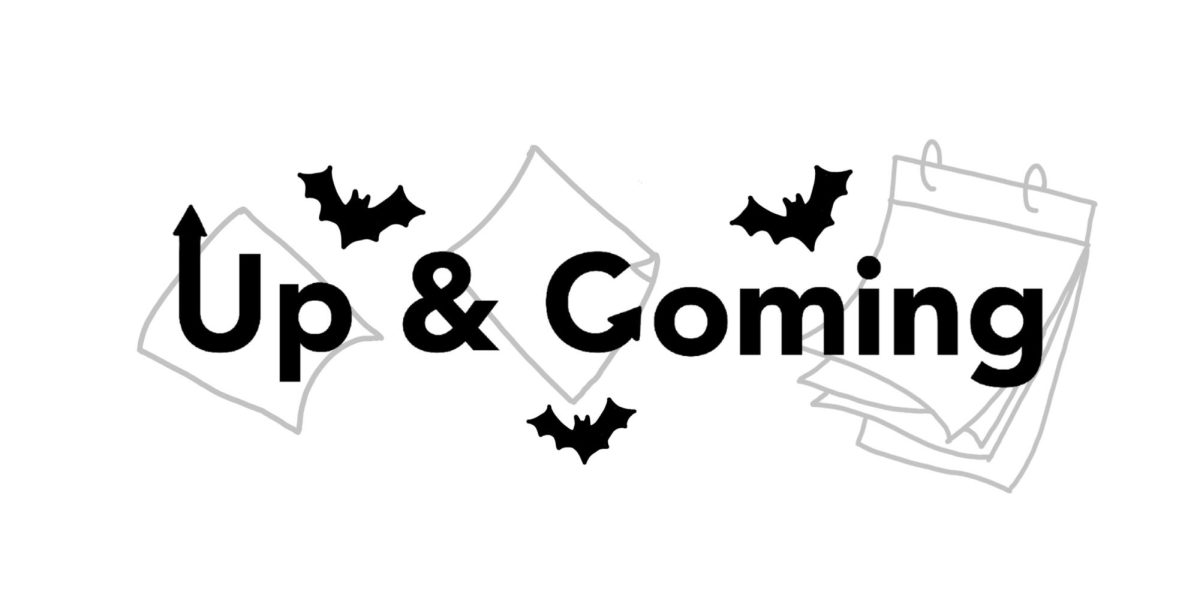
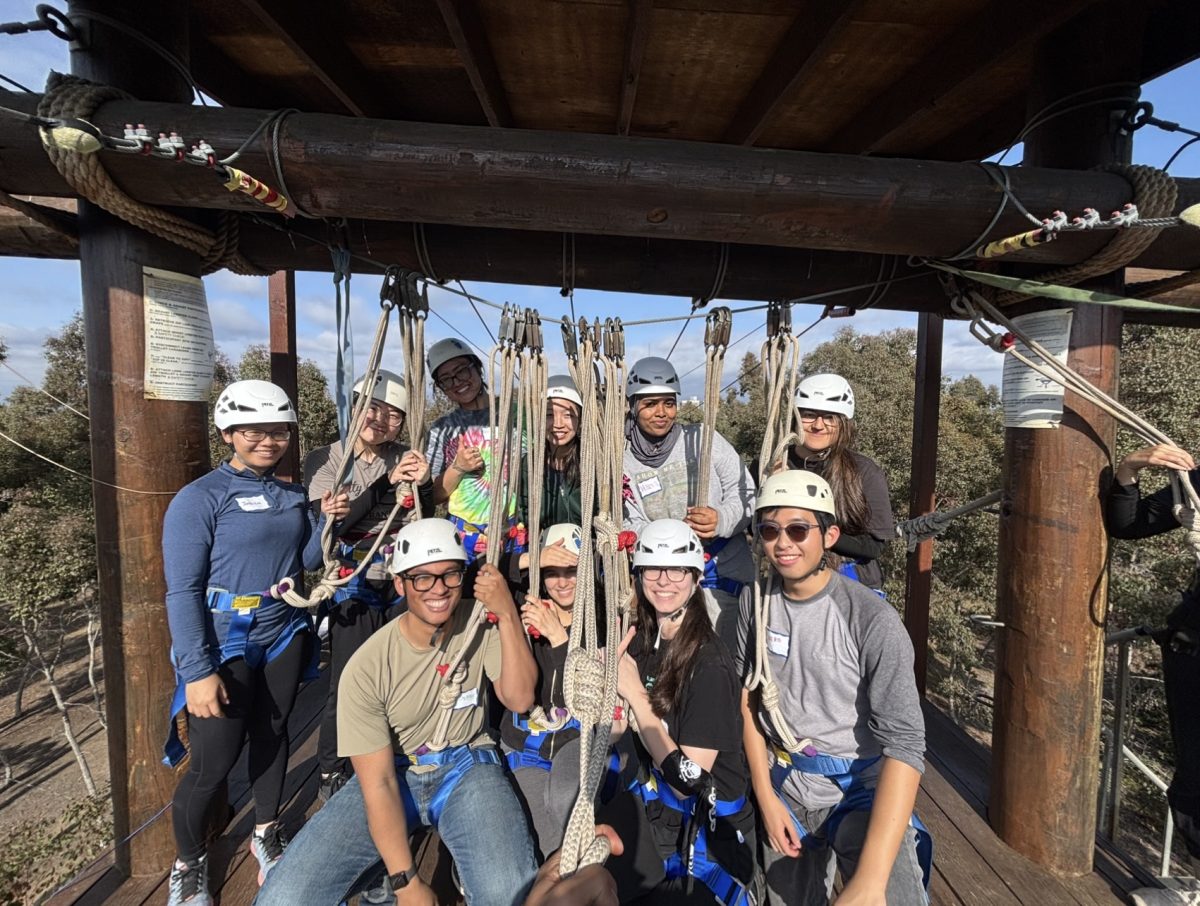
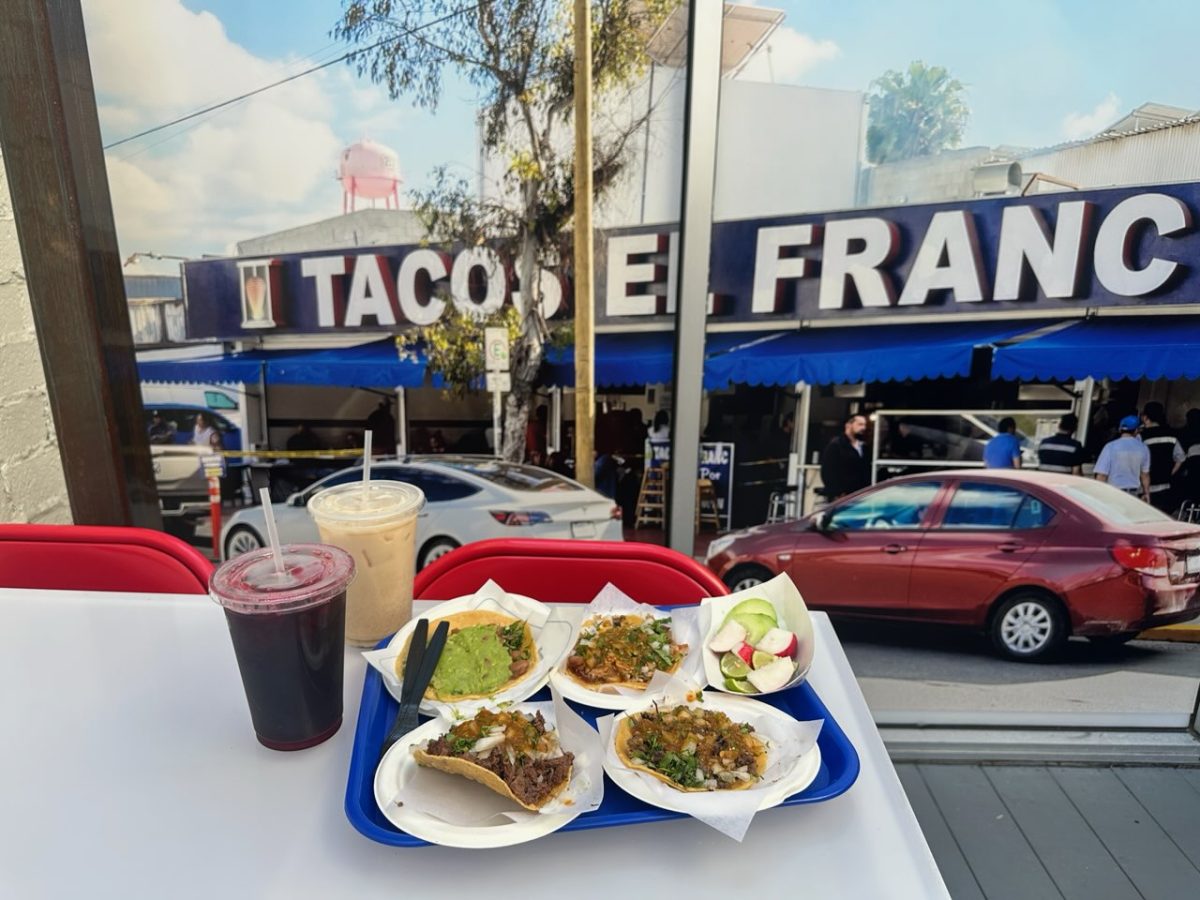
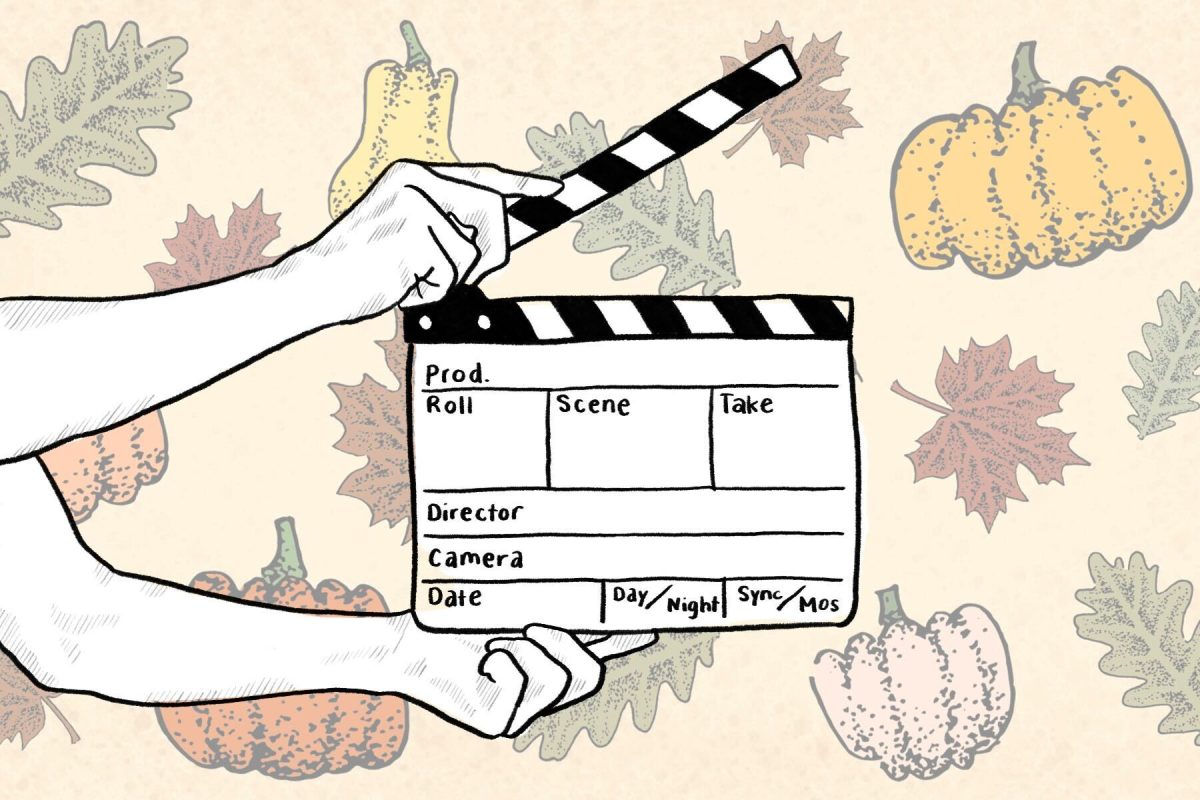
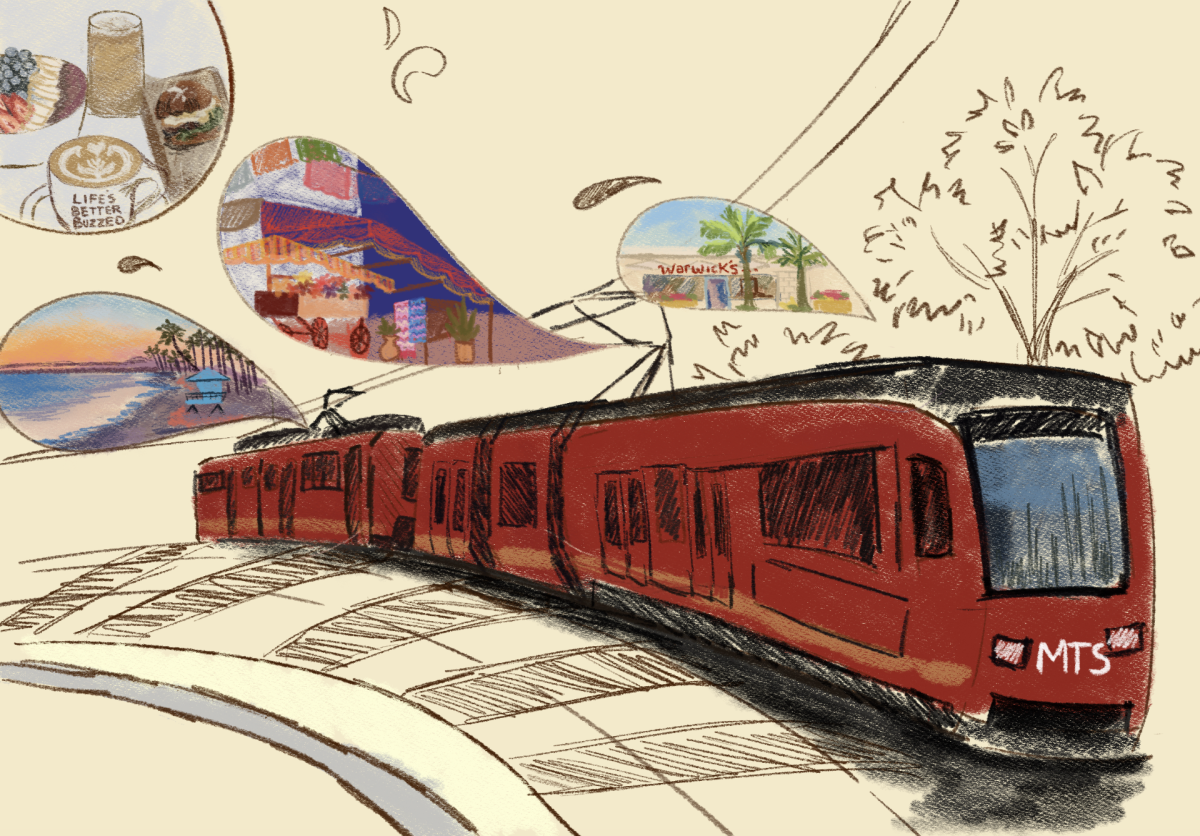
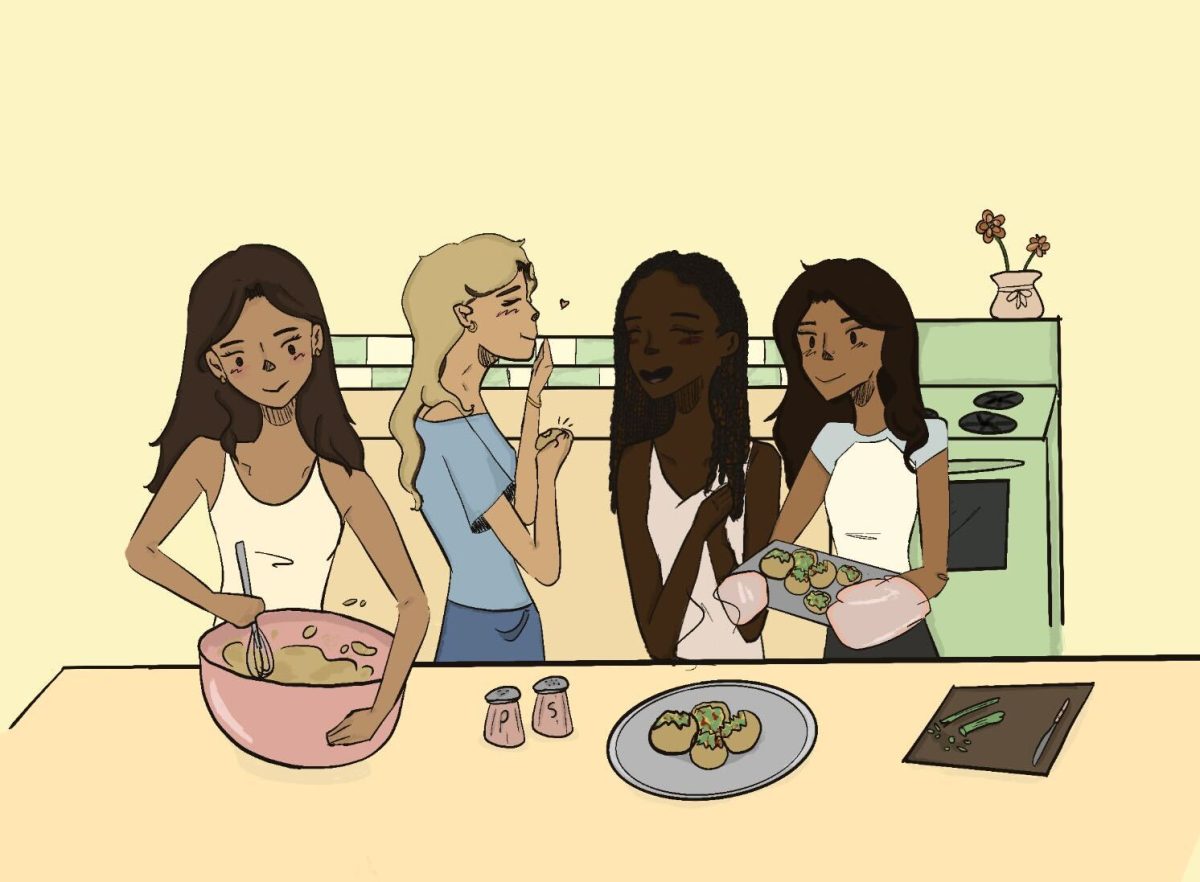
Isabel Gibson • May 26, 2022 at 2:35 am
Interesting post, thanks!
This is also an interesting resource, I think everyone will be interested – Simple app
Adam • May 23, 2022 at 11:09 am
Thanks for your ideas. Actually you should visit a writing festival like https://seobysociallyin.com/check-out-the-spark-writing-festival-in-birmingham-alabama-aug-5th-to-9th/ or something similar. And start blogging. Great post and opinion.